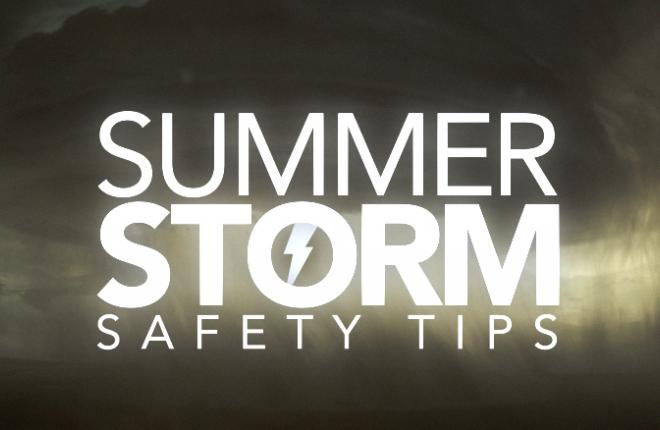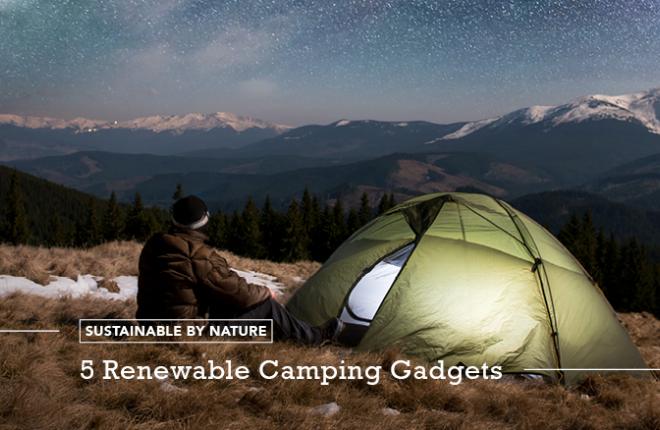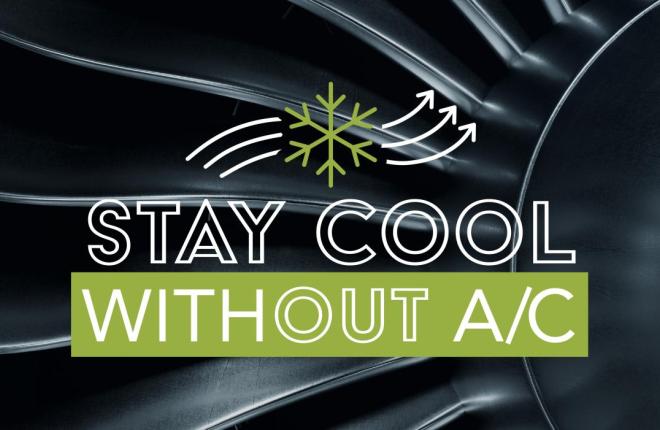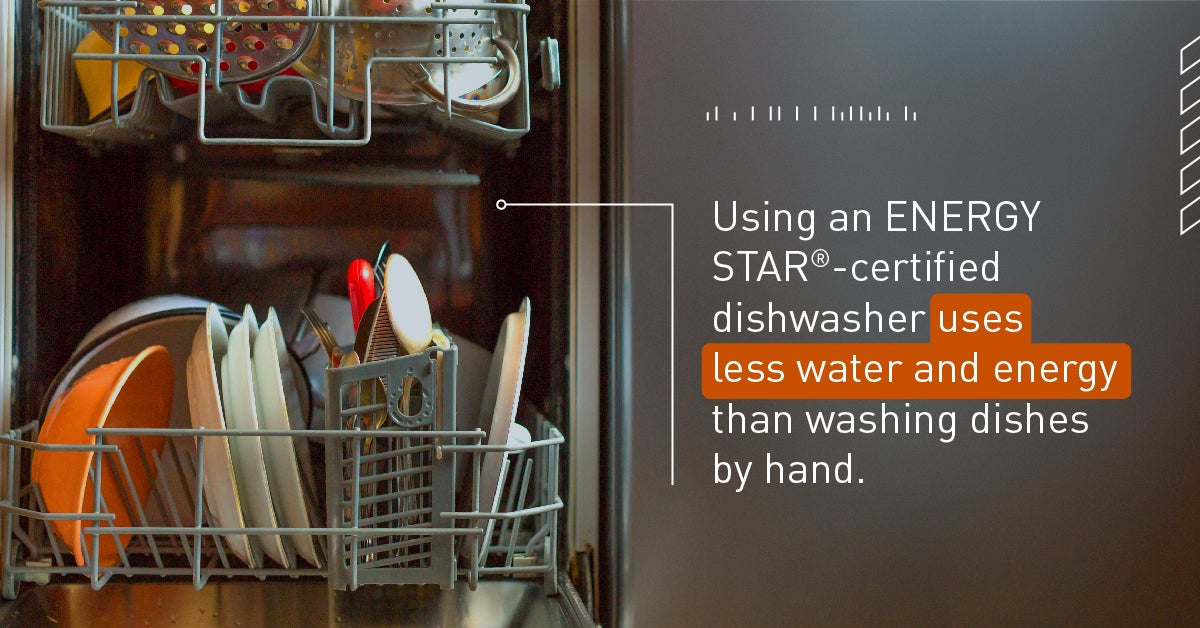
11/05/2021
19 Tips for a Safe, Energy Efficient Thanksgiving Day
Come Thanksgiving Day, people are busy cooking and preparing for the family gathering. In addition to making sure you have your meal ready in time, it is important to also consider the safety of your home.
When cooking your holiday meal, be mindful of what you're doing when using kitchen appliances or if you’re around open flames. Here are some helpful tips to keep in mind for a safe and energy-efficient Thanksgiving Day celebration.
1. Don’t buy a turkey bigger than you need for your family or group. A smaller turkey will take less time to cook and save energy.
2. Turn down the temperature on your thermostat a few degrees while the turkey is cooking because the oven will add extra heat to your home, especially in the kitchen area.
3. For your turkey, it’s not necessary to preheat the oven if you’ll be slow roasting it for several hours.
4. During food prep, take out all the ingredients you’ll need from the refrigerator at one time. Each time the door of a refrigerator or freezer is opened, its compressor must run a bit longer to replace the cold air that spills out.
5. Make sure to wash your hands thoroughly before preparing food, after handling any raw poultry or meat, and before eating.
6. It takes longer to cook the turkey when it is stuffed with dressing, so cooking the dressing separately can reduce oven use. This can also reduce the risk of food-borne illness as it ensures the stuffing and the turkey are fully cooked.
7. When preheating your oven for baking, time the preheat for five to eight minutes. There is no need to preheat for broiling or roasting.
8. Always use a meat thermometer to see if the turkey is completely cooked. The temperature
needs to reach at least 165 degrees Fahrenheit when inserted in the thickest area of the thigh.
9. If you’re smoking your turkey, follow the instruction guidelines carefully.
10. When using an electric oven, cook as much of your meal as possible in it at one time. Foods with different cooking temperatures often can be cooked simultaneously at one temperature – variations of 25 degrees Fahrenheit (give or take) can still produce good results and save energy. Keep a timer handy to keep track of different dishes to avoid burning or overcooking, and allow for some extra time for all dishes.
11. Keep lids on during cooking. Tightly fitted lids on pots and pans help keep heat in, enabling you to lower the temperature settings and shorten the cooking times.
12. Never leave pots unattended on the stove and keep the kiddos and pets out of the kitchen while cooking and prepping food.
13. Don’t leave the house unattended while food is cooking or baking.
14. Are the smoke alarms in working order? Make sure smoke detectors are tested before cooking. It’s a good idea to replace all smoke detector batteries in the fall!
15. Keep a small fire extinguisher in the kitchen and within easy reach. Use a type K extinguisher if available or a type ABC at a minimum. Never attempt to extinguish a kitchen fire with water, especially a grease fire.
16. Watch out for any dangling electrical cords. Keep them up out of the way or unplug any small appliances you are not using.
17. Opt for flameless candles, especially if you have small children or pets.
18. Pet safety is a concern during the festivities, also. Dogs should not be fed turkey bones and should be kept away from any dish that has onions, leeks, garlic, sage, raisins, grapes, walnuts, pecans or chocolate, as those foods can be hazardous to your dog's health.
19. When roasting or baking, avoid making frequent progress checks that involve opening the oven door. Each time the door is opened, a considerable portion of the oven’s heat escapes.

Energy Efficient Post-Thanksgiving Dinner Tips
Unless you must, don’t wash the dishes by hand because an ENERGY STAR-certified dishwasher uses less than half as much energy as washing dishes by hand and uses less water. Check out how to make your home more energy-efficient.
Allow hot leftovers to cool off a bit before placing them in the refrigerator. The cooling-off period won’t affect the taste of the food and will reduce the load on the refrigerator.
Discard any uncooked food that has sat at room temperature for more than two hours.
When all the cooking is done, don’t use your oven’s self-cleaning cycle unless a major cleaning job is needed. Wipe up minor spills and splatters with a damp cloth. When you do use the oven’s self-cleaning feature, start the cycle right after cooking, while the oven is still hot.
Let the Light in
During the day, open the windows to let the natural light in. As it gets dark, use only lights in occupied rooms. Make the switch to more energy-efficient lighting options such as LEDs, which use at least 75% less energy, and last 25 times longer on average compared to incandescent lighting.
Keeping it Cozy in the Home
If you never use your fireplace, keep your fireplace damper closed unless a fire is burning.
Add caulk or weather stripping to seal air leaks around leaky doors or windows. Turn your thermostat down 10 to 15 degrees for eight hours overnight or during the day when no one is home to save around 10% per year on your heating and cooling bills. Looking for other ways to keep your home warm during the fall months? Check out our tips for a warm and cozy fall home.
Electrify and Save™
Contributors Matt Fitzgibbon, Safety and Energy Efficiency Team
--
About Tri-State
Tri-State is a power supply cooperative, operating on a not-for-profit basis, serving electric distribution cooperatives and public power district member-owners in four states. Together with our members, we deliver reliable, affordable and responsible power to more than a million electricity consumers across nearly 200,000 square miles of the West. Visit www.tristate.coop.
Blog Posts

Van Life: How to Make Your Van More Efficient

10 Easy Ways for Kids to Conserve Energy at Home and School

Important Summer Storm Safety Tips

How to Safely Power Your Home Workouts

The Best Solar Camping Gadgets for Summer

Important Generator Safety Tips

4 Electrical Safety Tips Every Kid Should Know

How to Cool Your Home Without Central Air Conditioning


